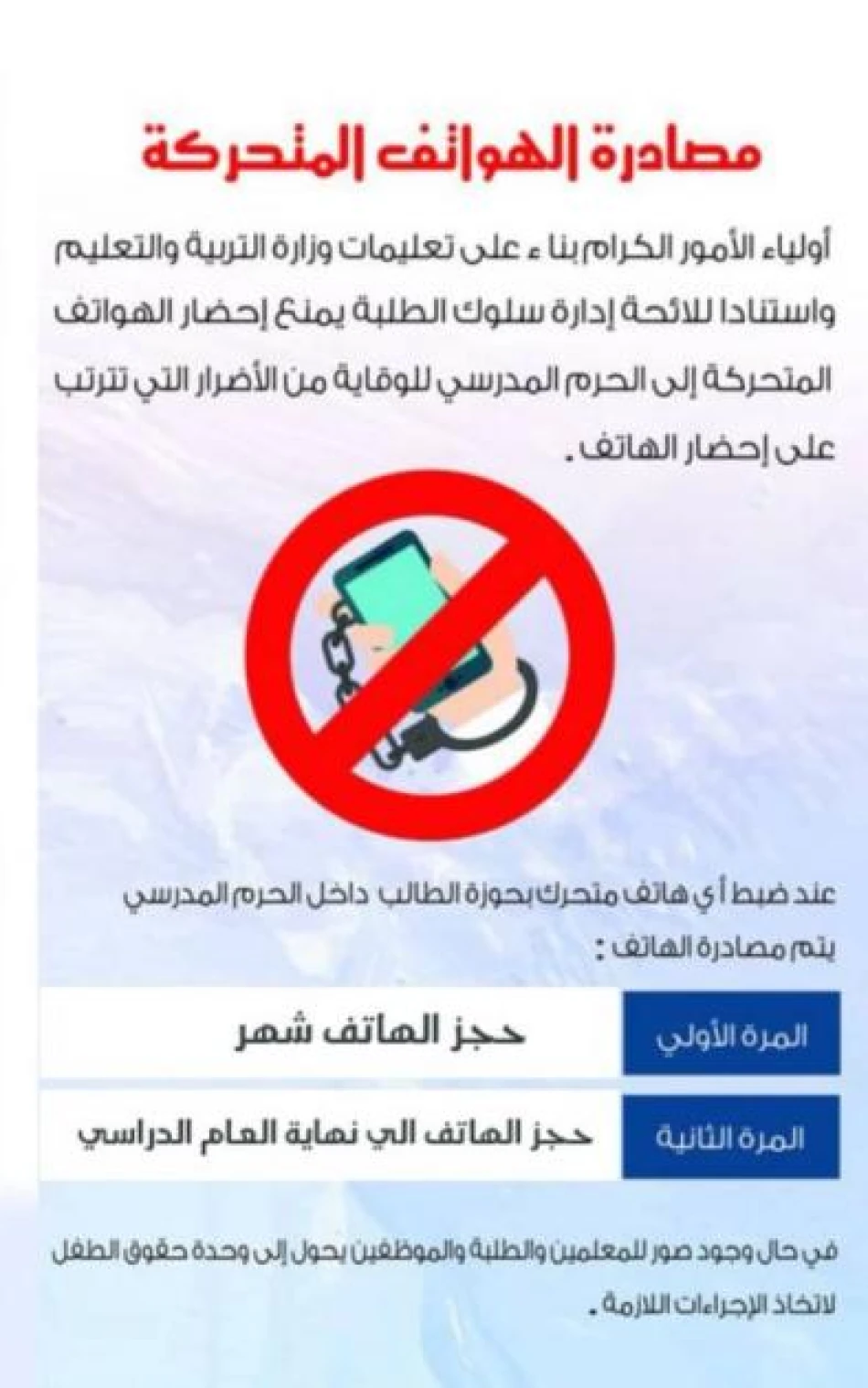
Schools Enforce Strict Mobile Phone Ban Policies Nationwide
Government Schools Launch Aggressive Mobile Phone Crackdown with Monthly Confiscation Penalties
Government schools have implemented strict new enforcement measures targeting mobile phone use on campus, introducing systematic search operations and escalating confiscation penalties that can extend to full academic year seizures. The policy represents a significant hardening of school discipline approaches, prioritizing classroom focus over student connectivity in an increasingly digital education landscape.
Escalating Penalty Structure Aims to Deter Repeat Violations
The new enforcement framework operates on a progressive punishment system designed to discourage persistent rule-breaking. First-time violators face a full month of phone confiscation, while repeat offenders lose their devices until the end of the academic year. School administrators must immediately notify parents and require their signature on official documentation for both confiscation and retrieval processes.
This graduated approach mirrors disciplinary strategies used in corporate environments, where escalating consequences are designed to modify behavior through increasing stakes rather than uniform penalties.
Privacy-Conscious Search Protocols Balance Enforcement with Student Rights
School authorities have established search procedures that limit inspections to bags and personal belongings, explicitly avoiding physical searches of students themselves. This measured approach reflects growing awareness of student privacy rights while maintaining administrative authority to enforce campus policies.
Operational Implementation Focuses on Routine Monitoring
The policy introduces regular inspection campaigns rather than reactive enforcement, suggesting schools are treating mobile phone violations as a systemic issue requiring proactive intervention. This systematic approach indicates administrators view unauthorized device use as sufficiently disruptive to warrant ongoing surveillance resources.
Educational Environment Protection Takes Priority Over Digital Access
School leadership frames these measures as essential for maintaining secure learning environments and protecting student privacy, while promoting classroom discipline. This positioning suggests concerns about mobile phones extend beyond simple distraction issues to encompass broader safety and behavioral management challenges.
The emphasis on privacy protection appears designed to address parental concerns about unauthorized recording or social media incidents that have become increasingly common in school settings globally. By removing devices entirely, schools eliminate the risk of inappropriate content creation or sharing during school hours.
Parent Cooperation Essential for Policy Success
Educational administrators are actively seeking parental support in reinforcing these restrictions at home, recognizing that successful implementation requires alignment between school and family messaging. This collaborative approach acknowledges that mobile phone policies often fail when parents and schools work at cross-purposes.
The requirement for parental involvement in the confiscation process also serves as a deterrent mechanism, as students must explain policy violations to their families rather than simply accepting administrative consequences privately.
Most Viewed News

 Omar Rahman
Omar Rahman






